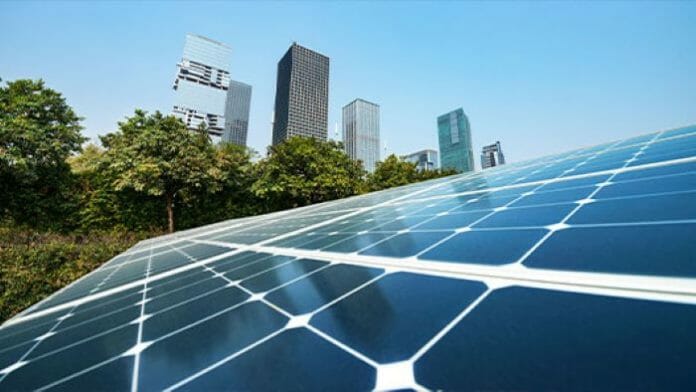RHB Research (RHB) upgraded their rating to Overweight for the power sector, after lifting their call for TNB to Buy From Neutral. YTL Power (YTLP) remains their preferred pick, due to its strong earnings delivery, largely backed by PowerSeraya and with further upside from its Jordan plant.
“We also favour domestic solar power players, premised on their solid order books and further catalysts stemming from lower solar module prices,” said RHB in the recent Malaysia Sector Update Report.
Following the recent announcement on tariff adjustments, RHB upgraded TNB to Buy. This was due to the limited regulatory risks, as the government is maintaining the imbalance cost past through framework, and making consistent payments to TNB.
TNB has received RM9.13 billion out of a total RM10.4 billion in imbalance cost past through cost recovery in first half 2023 from the government.
“The government is committed to subsidise RM5.2 billion in second half 2023, so we estimate that the remainder will be collected from the surcharges imposed. As such, we expect imbalance cost past through receivables to decrease, relieving TNB’s working capital pressure amidst moderating coal prices,” said RHB.
International Energy Agency (IEA) expects global renewable energy capacity growth to continue reaching new highs in 2023- 2024. Of this, the solar photovoltaic segment should continue to dominate the picture and account for two-thirds of such growth.
All the major markets such as China, Europe, the US and India are likely to contribute strong numbers, thanks to lower module prices and favourable policy-led initiatives.
Domestic engineering, procurement, construction and commissioning contractors will likely register strong earnings in second half 2023 on their solid order books, largely underpinned by Large-Scale Solar 4 contracts as well as strong commercial and industrial demand.
“We see further tailwinds from easing cost factors, as solar module prices have dipped to USD0.17/W and may further retrace to USD0.15/W. Note that polysilicon prices have plunged by 56% year to date and 80% from the peak in Aug 2022 due to oversupply,” said RHB.
Singapore’s Energy Market Authority will introduce a temporary price cap, effective 1 Jul, on wholesale electricity prices, to prevent huge swings in electricity prices.
“We were guided that the temporary price cap will have a minimal impact on YTLP as bulk of the generated volume is sold to its retail arm, and the rest sold to SP Services and the wholesale pool,” said RHB.
The former is generally locked in under different contracts ranging from six months to two years in fixed prices. As such, margins are mostly fixed, since YTLP has also entered into competitive gas contracts for the next few years.
“We are also guided that the 45%-owned oil shale plant in Jordan will likely start contributing in financial year 2024, so we think there should be some earnings upside from the PowerSeraya and Jordan plants,” said RHB.
Downside risks identified by RHB are such as the unfavourable effect of regulatory changes, higher operating costs and unscheduled plant outages.









